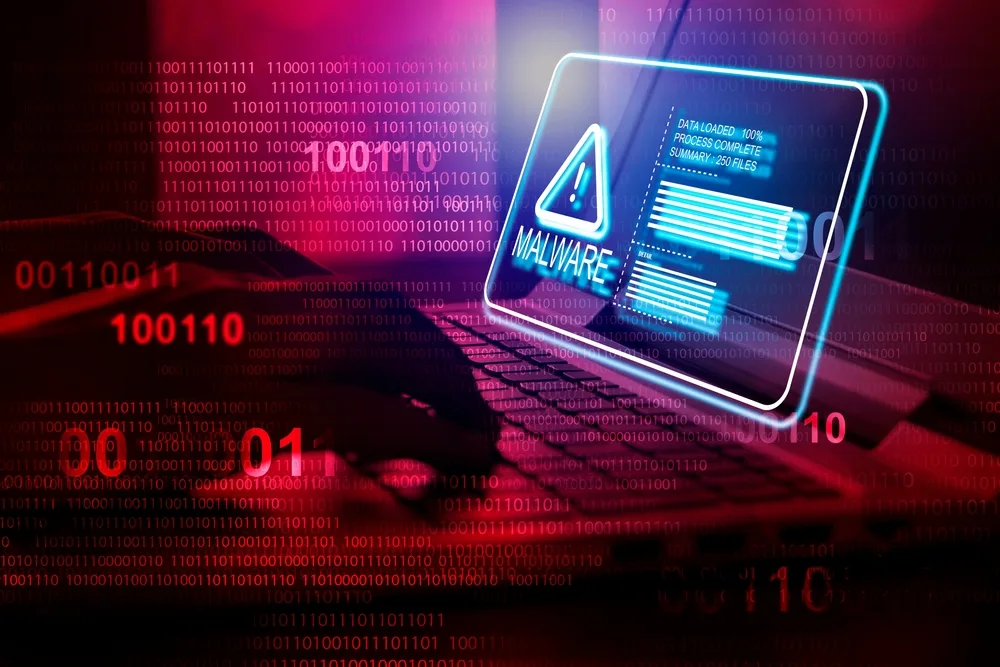Safeguard your digital world with our comprehensive Information Security Course
Whether you’re an individual aiming to protect personal data or a professional seeking to enhance organizational security, this course provides the essential knowledge and skills to navigate today’s cyber threats. Whether you are an individual or a large corporation, it is essential to learn how to keep your computer information secure. The course covers fundamental security concepts such as confidentiality, integrity, and availability, as well as critical concepts related to users, including authorization, authentication, and non-repudiation.
What You’ll Learn
Spanning 11 in-depth lessons, this course covers:
-
Fundamentals of Information Security: Understand the principles of confidentiality, integrity, and availability.
-
Threats and Vulnerabilities: Identify various types of cyber threats, including phishing, malware, and denial-of-service attacks.
-
Risk Management: Learn to assess and mitigate risks to information systems.
-
Security Technologies: Explore tools like firewalls, VPNs, and intrusion detection systems.
-
Physical Security Measures: Recognize the importance of securing physical assets against unauthorized access.
-
Developing Security Policies: Craft comprehensive policies to enforce security protocols within an organization
Each lesson includes self-assessment questions, practical tasks, and assignments to reinforce learning and ensure practical application.
Why Choose Careerline Courses?
-
Flexible Learning: Study at your own pace, anytime, anywhere.
-
Expert Support: Access unlimited tutor assistance via email.
-
Comprehensive Resources: Benefit from a curriculum designed by industry professionals.
-
Certification: Receive a certificate upon successful completion to showcase your expertise.
Who Should Enrol?
This course is ideal for:
-
IT Professionals: Enhance your cybersecurity knowledge and skills.
-
Business Owners: Protect your company’s digital assets and customer data.
-
Students: Build a strong foundation in information security for future career opportunities.
-
General Users: Learn to safeguard personal information against cyber threats.
Take the first step towards securing your digital future. Enrol in our Information Security Online Course today!
Information Security Course Detail
1. Introduction to Information Security
-
- Need for Security
- Basic Security Concepts
- Security Breaches and Intrusions
- Types of Threats
- Threat Assessment
- Vulnerability Assessment
- Security through Obscurity
- Hackers
- Crackers
- The Difference between Hackers and Crackers
- IP Spoofing
- Blind Spoofing
- Man in the Middle Attack
- Denial of Service
- Distributed Denial of Service
- Phishing
- How to Defend against Spoofing
- What is a Botnet
- Types of bots and their Malicious Use
2. Information Security Ethics
-
- Ethical Issues facing IT Professionals
- Legal Issues facing IT Professionals
- Intellectual Property Rights
3. Data Integrity and Backing up
-
- What is Data Integrity
- Protection
- Detection
- Correction
- What is Data backup
- Full backup
- Incremental backup
- Mirror backup
- Offsite backup
- Offsite versus Onsite Backup
- Disk based versus Tape based Backup
- Online backup
4. Vulnerabilities of Operating Systems and Information Systems
-
- What is Vulnerability
- Operating Systems and Software Vulnerability
- Running Virus Protection Software
- Updating Security Patches for Software
- Approved Software
- FTP Vulnerability
- Trojan Horses
- Who is at Risk of Trojan Horses
- Protection against Trojans
5. Risk Management
-
- What is Risk Management
- Key Roles in the Risk Management Process
- Risk Assessment
- Characterising the System
- Identifying Threats
- Control Analysis
- Determining Likelihood Ratings
- Analysing the Impact
- Determining the Risks
- Controls Recommendations
- Risk Mitigation
- Risk Evaluation
6. Information Security Technologies, Developments and Initiatives
-
- What is VPN (Virtual Private Network)
- Features and Benefits of VPN
- Components of Remote Access VPN
- Protocols Used in VPN Connections
- Advantages and Disadvantages of VPN
- What is a Firewall
- Main Functions of Firewalls
- Packet Filtering
- Circuit Relay
- Application Gateway
- Firewall Rules
- What are Intrusion Detection Systems (IDS)
- Types of IDS
- IDS versus Firewalls
7. Physical Security
-
- What is Physical Security?
- Natural Disasters and Controls
- Lightning
- Power Loss
- Fire
- Earthquake
- Liquid Leakage
- The Human Factor
- Locks
- Tokens
- Challenge-response Tokens
- Dumb Cards
- Smart Cards
- Biometric Devices
- Fingerprint Scanners
- Retinal Scan Devices
- Palm Scan Devices
- Hand Geometry Devices
- Facial Recognition Devices
8. Developing a security Policy
-
- Introduction
- Need for Security
- Importance of Security Policy
- Developing a Security Policy
9. Implementing and revising a security policy
-
- Introduction
- Communicating the Security Policy
- Enforcing the Security Policy
- Assessing the Security Policy
- Common Security Policies
- Password Policy
- Access Control Policy
- Displaying a Warning Notice
- Audit Policy
- Server Security Policy
- Automatically Forwarded Emails Policy
- Information Sensitivity Policy
- Anti Virus Policy
- Remote Access Policy
- Wireless Communication Policy
10. Business Continuity and Disaster Recovery Planning
-
- Difference between disaster recover and business continuity?
- Disaster recovery plan
- Business continuity plan
11. Information Security Maintenance
-
- Time Management
- Networking
- Management
- Attitude
- Procedures
- Products and Services
- The Law
When you have completed the lessons in the Information Security course, you will be given the option of taking the optional exam. It’s okay if you don’t want the exam, we still issue your Careerline Certificate.
Looking for something shorter? Maybe try our Cyber Security Short Course

